Americans enjoy some of the world’s most delicious and varied foods, but certain American foods are banned in other countries due to various health risks. From processed meats like hot dogs to artificial food dyes, these banned ingredients and products can be in many popular dishes in the US, yet they pose serious dangers overseas. This article takes a look at some popular American foods that are prohibited around the globe.
Contents
How American Foods Differentiate From Foods Around The Globe

The high amounts of fat, sugar, and sodium American food is known for have made it controversial in many countries worldwide. Many governments have taken steps to protect their citizens from over-indulging in unhealthy foods by banning American goods from entering their shores, leading to cries of unfairness and discrimination from American food producers.
However, this also serves as an important reminder that the culture and tastes of different countries should be respected, no matter what our cultural differences may be. It’s a stark reminder that while Americans may be accustomed to indulging in large varieties of processed meats and sugary desserts, not all cultures are ready or willing to do the same.
American Foods That Are Banned In Other Countries
With that being said, let’s take a look at some popular American foods that are banned in other countries worldwide.
Froot Loops

Many people don’t realize that Froot Loops, a classic American cereal beloved by kids and adults alike, have been outlawed in multiple countries due to its high sugar content. The two most notable countries that have outlawed the sugary treat are Qatar and the United Arab Emirates. Though both countries allow other “unnaturally” colored cereals from other brands on market shelves, those containing intensely bright colorings, such as those found in breakfast rival Kellogg’s Froot Loops, are prohibited from being imported.
This is due to the artificial dyes and preservatives that give these cereals their vibrant hues and unnaturally sweet taste, which can be bad for health in high amounts. Perhaps this ban is for the better, as Americans are known for their unhealthy obsession with sugar.
US Chicken

Consumers in many other parts of the world are denied access to some of America’s favorite foods, such as US chicken. Specifically, due to its aggressive policy on food additives and genetic modifications, countries like China, South Africa, Russia, Ukraine, and, more notably, the European Union and Oceania have banned the import of chicken from United States producers. This stems from concerns over hormones and other unapproved ingredients often added to maximize growth and output.
On the other hand, protecting such countries’ populations from potentially hazardous substances can be an unfair disadvantage to American farmers and businesses striving to provide quality poultry to the global markets. It is an interesting contrast between global regulations on food production.
US Apples
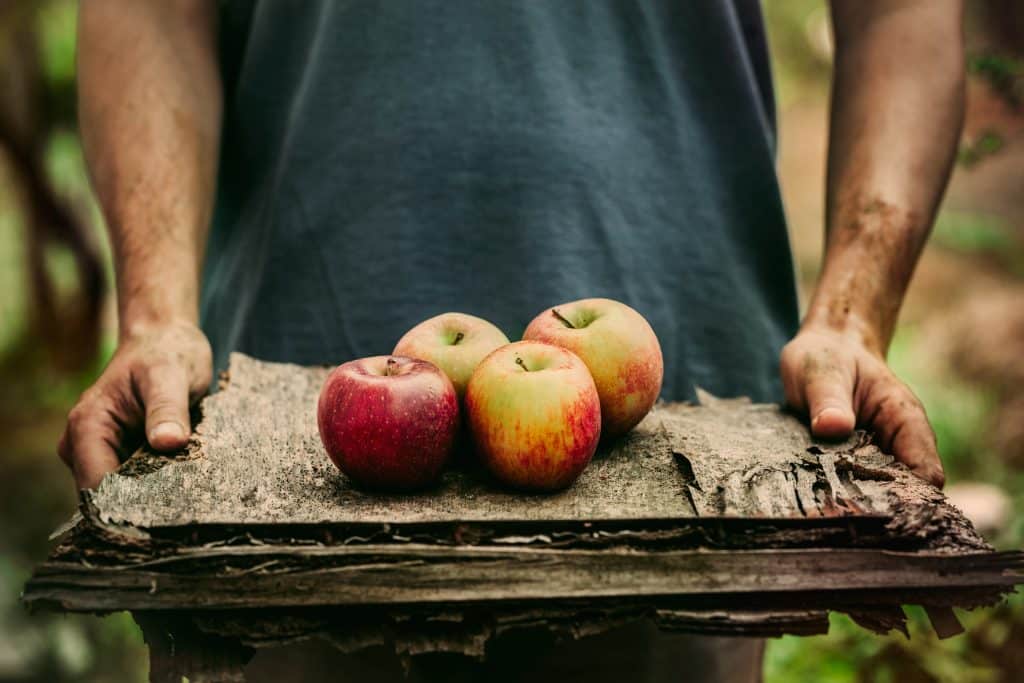
US apples have become a controversial food worldwide, as their imported status has been banned in several European countries, such as Lithuania and Serbia, and non-European countries, including Saudi Arabia. The reason for the bans is that US apples can contain high levels of residue from agricultural chemicals. Generally, foreign governments believe that any chemical with an unknown safety profile should not be allowed in their country.
It is important to note that many of these countries are willing to eat conventional fruits and vegetables that may come from other parts of the world, potentially containing residues from pesticides or other agricultural chemicals at greater levels than US apples. The bans on US apples demonstrate how different nations may take precautionary measures to protect the health of citizens without necessarily waiting for conclusive evidence of possible health risks.
US Pork
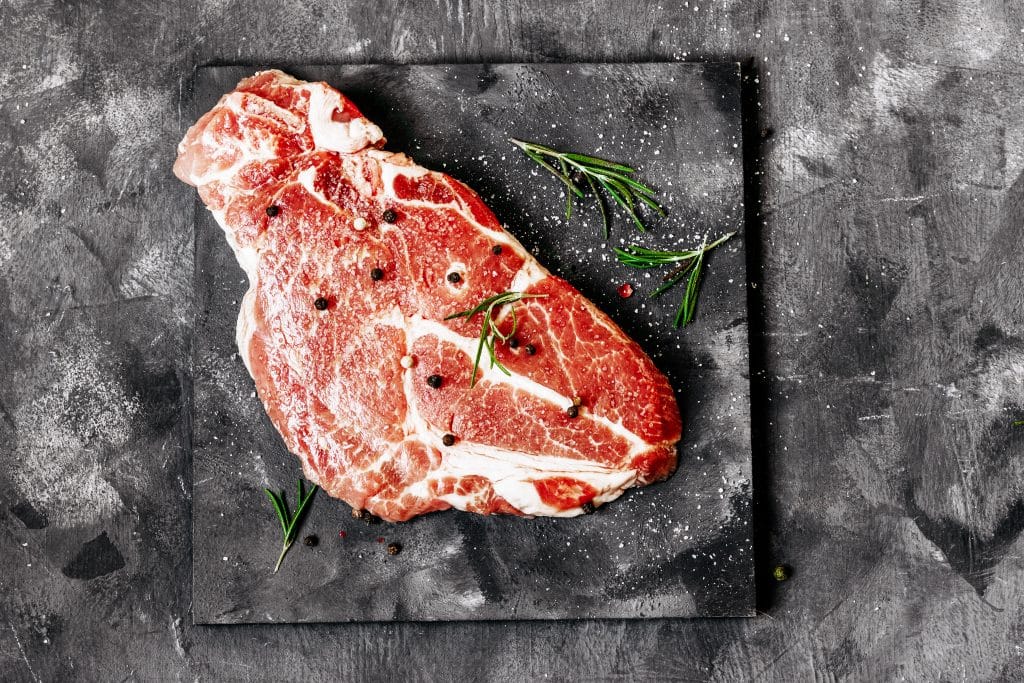
US pork is banned in numerous countries worldwide due to health concerns associated with factory-farmed pigs. China, Russia, the European Union, and Japan have implemented bans on US pork imports, citing safety issues such as genetic alterations in pigs that are brought about by certain production processes in America.
Furthermore, the overuse of antibiotics on animals raises serious worries for many countries importing US products. While some believe it is an unfair and unjustified prejudice against the quality of American pork products, the growing international opposition to the processes used here could be a sign that changes will need to be made if consumers are going to continue enjoying these traditional staples in their meals.
US Farm-Raised Salmon
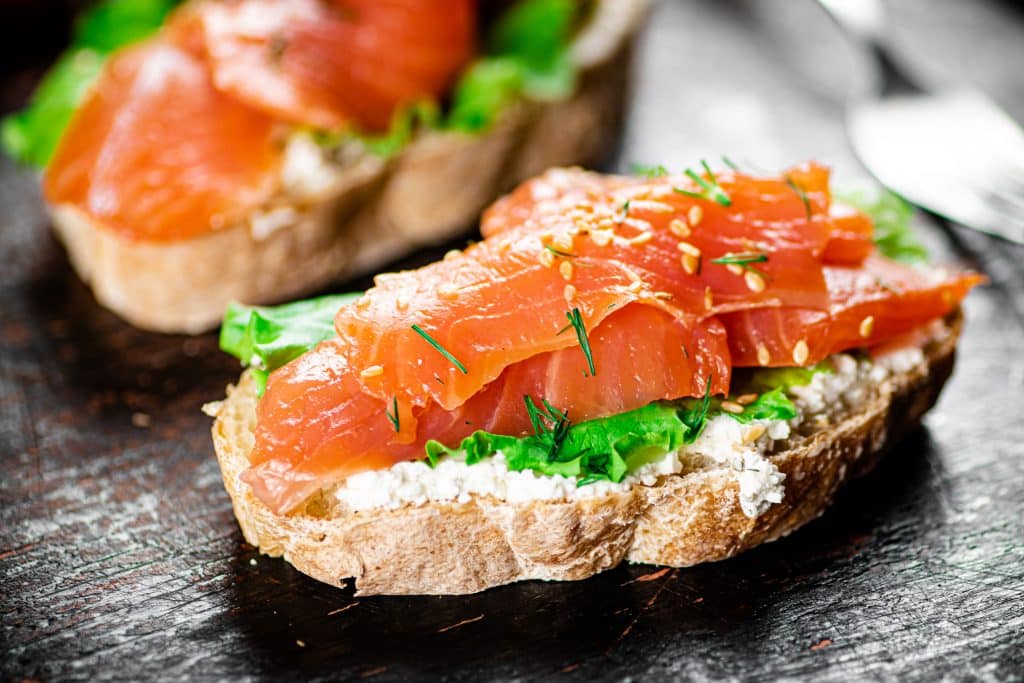
Farm-raised salmon has been widely banned in certain countries worldwide due to their negative environmental impacts and potential health risks. Countries including Australia and New Zealand have a total ban on farm-raised salmon, while countries such as Canada and Scotland are equally apprehensive about these farmed fisheries due to excess pollution caused by the farms. The United States, however, is one of the few countries that has not yet taken a stance on these farmed fish.
Unlike wild-caught fish, which are usually healthy, farm-raised fish can contain higher levels of antibiotics and pollutants, making them deeply concerning for other countries that do not want this product entering their food chain. As much as farm-raised salmon has become a staple of American diets, other nations are choosing to stay away from them for a good cause – it is certainly something that any health-conscious person should keep in mind the next time they go grocery shopping.
Mountain Dew
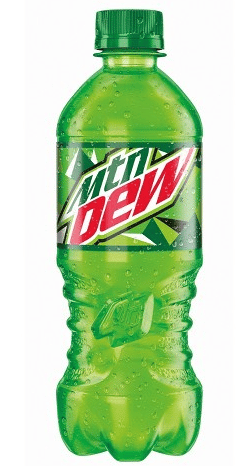
Mountain Dew has become a popular drink among the youth in America, but one would be surprised to learn that this beloved beverage is banned in multiple countries worldwide. Mountain Dew is not allowed to be sold in Sweden, Finland, Norway, France, and Denmark due to its high caffeine content.
Despite the fact that it is beloved by many as an energy source and refreshment, these countries have found fault with its ingredients and effects on people’s health, proving that despite how innocent a product may seem, it can still be kept from hitting their shelves for safety reasons. Thus living is a reminder to consumers of how important understanding what is truly going into your food and drinks can be.
Little Debbie Swiss Rolls
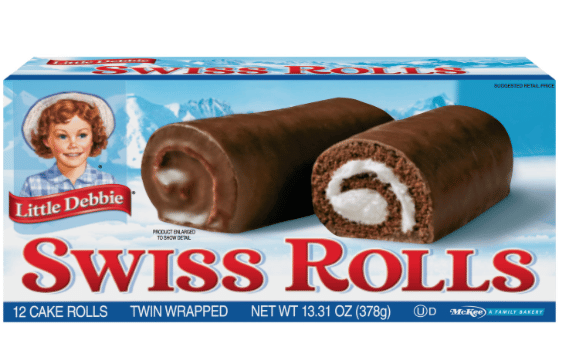
While it’s true that we Americans have access to an amazing variety of food options, there are some foods we take for granted that other countries won’t allow. Specifically, Little Debbie Swiss Rolls are banned in Norway and Denmark, countries with highly regulated food standards.
This is due to the artificial preservatives and dyes used in popular snack cakes, which don’t meet the standards set by Scandinavian countries.
Interestingly, before 2010 Little Debbie Swiss Rolls were available up north – proving that not everyone subscribes to the same idea of what’s acceptable to eat. Ultimately, while American citizens may be accustomed to consuming products like these without thinking twice, it’s important to remember our global context.
Did You Know These American Foods Were Banned In Other Countries?
In conclusion, many American foods and drinks are banned in other countries worldwide. These bans can be due to environmental concerns, health risks, or simply different standards for what is considered an acceptable food product. Regardless of their reasons, these bans highlight how important it is to be aware of what you’re putting into your body – both for your health and that of the planet. So next time you’re at the grocery store, consider checking the labels before taking that American food home!


